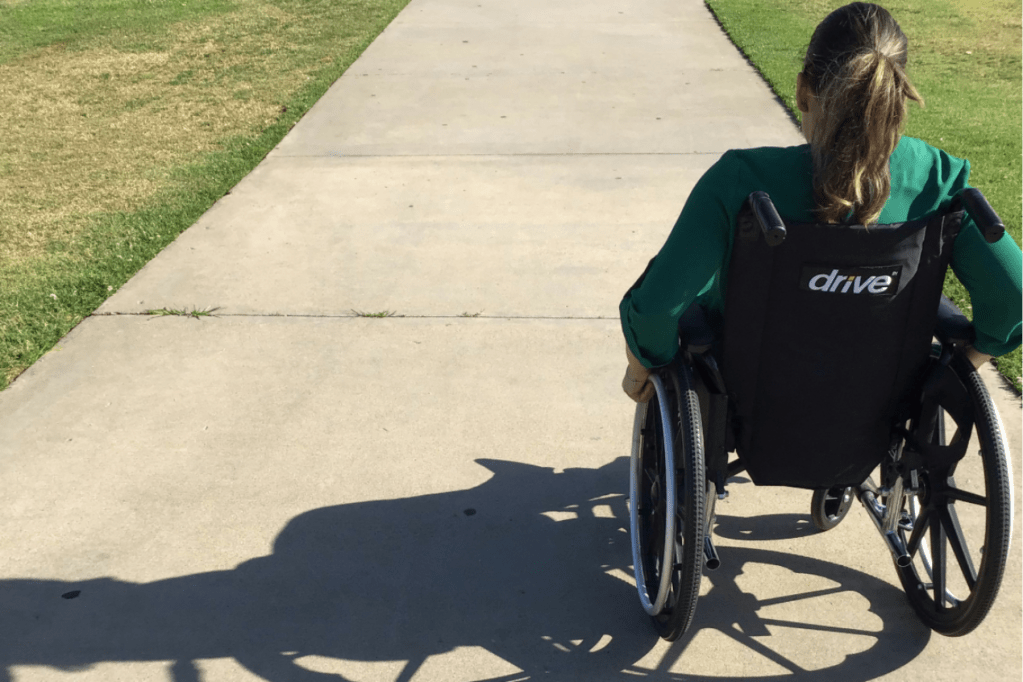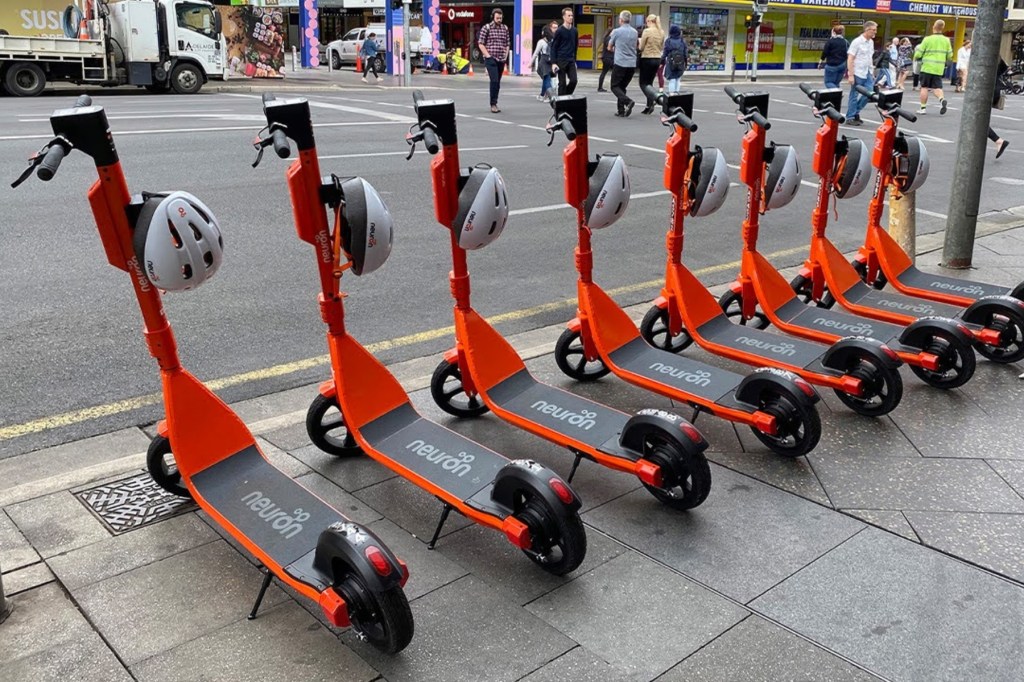Council wins inclusivity award but shuts accessible toilet
Port Adelaide Enfield Council has been awarded for its efficiency in solving inclusivity issues, but a local disability advocate has questioned its credentials in the wake of a toilet closure.

The council received the Inclusive Excellence Award for 2023 from community problem-solving app Snap Send Solve.
The app allows people in the area to report minor hazards, with the council receiving between 10-20 reports daily.
The app gave the council a 93.8 per cent solve rate for reports relating to accessibility, such as damaged footpaths and overgrown vegetation.
Mayor Claire Boan told InDaily “about 20 per cent” of the requests received through the app related to uneven footpaths.
The council resolved the issue by grinding down the paths instead of replacing them, which Boan said she thought had contributed to the high rating.
But Port Adelaide-based disability advocate and managing director of Push Mobility, Shane Hryhorec, told InDaily he believed more could be done to improve accessibility in the area.
You might like
“You can’t just make footpaths better and then all of a sudden just think you’re an inclusive council,” he said.
“If Port Adelaide and Enfield council have won the most inclusive council award, I’d hate to see what a non-inclusive council looks like.”

Disability advocate Shane Hryhorec said he feels the Port Adelaide Enfield council was not deserving of an award for inclusivity. Photo: Shane Hryhorec
Hryhorec said an ongoing issue in Port Adelaide was public toilets, with accessible toilets at Port Adelaide’s Information Centre closed down by the council.
“One of the biggest things that councils can do to make a community inclusive is add public amenities,” he said.
Boan told InDaily the council had made the decision to close the public toilets due to a “growing number of behaviours” which had become a concern.
Stay informed, daily
“We have a lot of problems at the moment in Port Adelaide with sleeping rough, with illegal drug use, [and] alcohol use in public spaces, and unfortunately the toilets… have been the centre of some of that activity,” she said.
“We have had to close them for the safety of the wider community.”
Hryhorec disagreed, saying the council “can’t simply just shut down the bathrooms and hope they [homeless people] will move on”.
“You need to be able to find a way to help and support the homeless people instead of taking away the human right of access to a bathroom,” he said.
“Meanwhile, people with disabilities and the community don’t have bathrooms to use in our area… I think it needs to be managed, not shut down.
“You find people defecating and urinating in back alleys and in car parks, which is very common in Port Adelaide because they don’t have adequate public bathrooms.”
Boan said the council was aware of the lack of public toilets.
“We have known for a number of years now that there is a shortage of public toilets in Port Adelaide as a whole, but we also don’t have the land available to us to install them,” she said.
“It’s a bit of a complex one, but we’re certainly trying to find a way to make sure public toilets are accessible.”
Boan said accessibility was “something the council is always addressing”.
“Looking at ways that we can make things accessible for everyone, but also realising that within our scope we can look at ways that we can help others address the needs of a wide range of people in our community,” she said.








